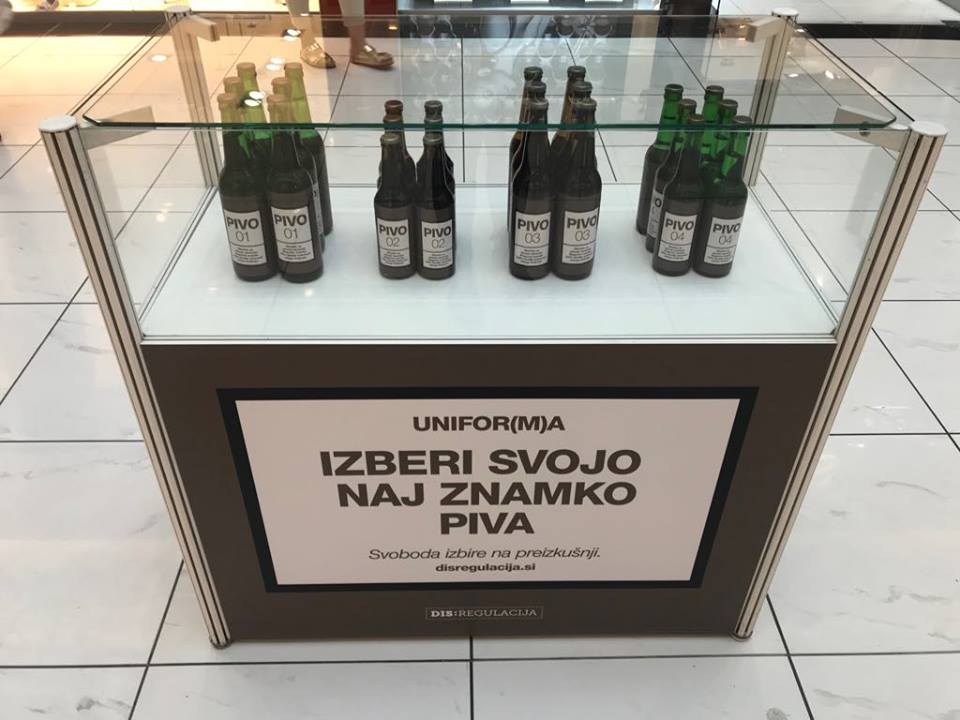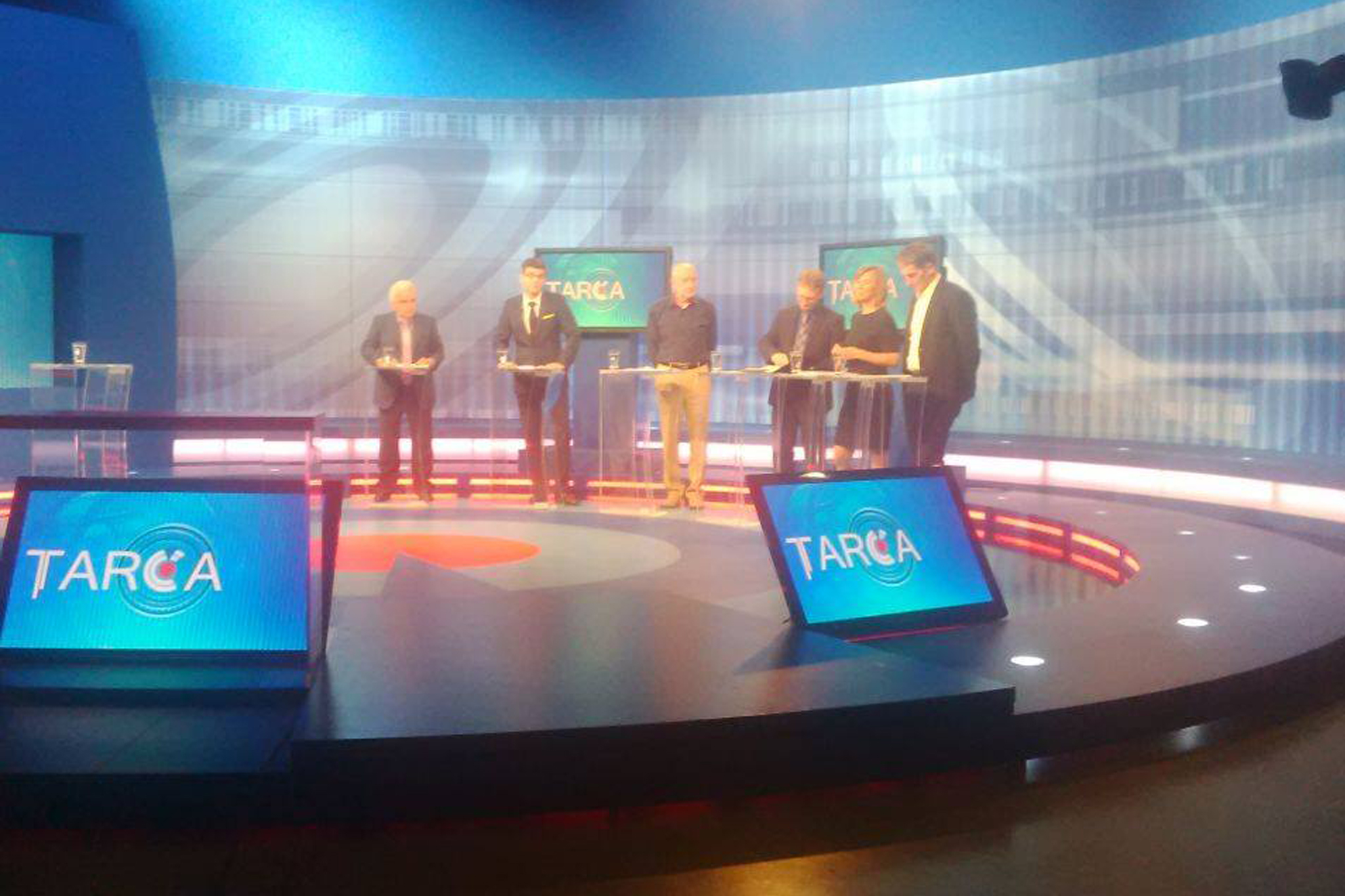Libertas – Institute For Free Criticism
The Libertas Institute was founded in February 2016 by Anže Šarabon, Rok Novak, Kaj Jež and Mark Breznik with the goal of promoting the ideas of classical liberalism, free markets, free trade and social liberty in Slovenia and working with international organizations to achieve similar goals internationally. The desire to promote these traditionally marginalized concepts in the semi- transitional economic and social environment of Slovenia came from shared displeasure with the ongoing stagnation or regression of economic and social liberties in Slovenia and an absence of liberty- oriented organizations that combined academic, civil society and public opinion-forming activity.
The institute organized the 1st Ljubljana Seminar on Classical Liberal thought as early as February 2016. This event, while receiving little domestic media or academic attention outside of traditionally libertarian circles, hosted some of more prominent European and domestic scholars and provided valuable networking opportunities for guests both domestic and foreign, some coming from as far as Africa.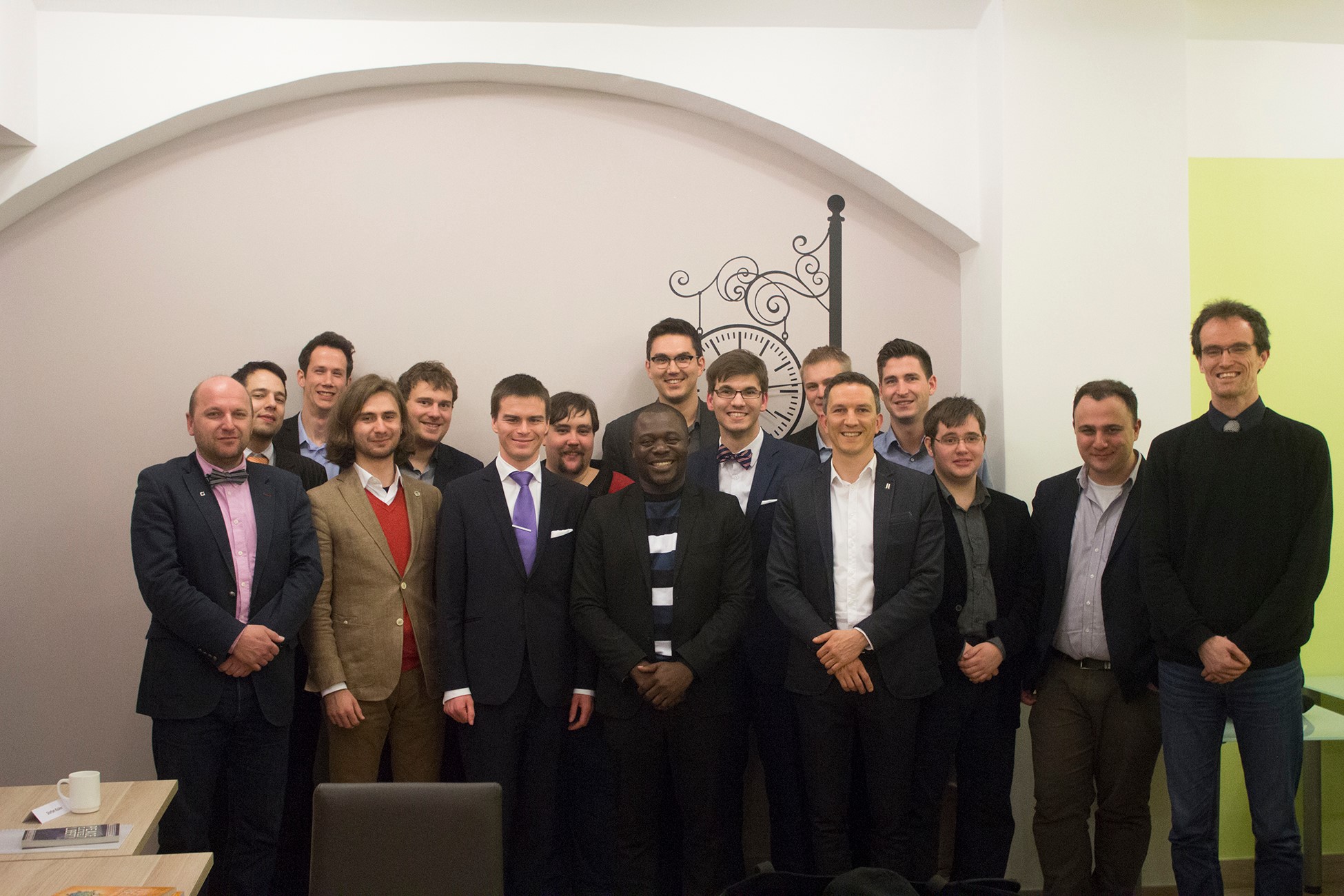 The institute’s technical director Rok Novak and president Anže Šarabon attended the 2016 European Students for Liberty conference in Prague the following month. Institute Libertas’ engagement with brand protection in earnest began after getting in touch with several future partners at this very conference.
The institute’s technical director Rok Novak and president Anže Šarabon attended the 2016 European Students for Liberty conference in Prague the following month. Institute Libertas’ engagement with brand protection in earnest began after getting in touch with several future partners at this very conference.
Following two minor domestic events focusing on cannabis legalization and estimating the cost of government, the institute hosted its first brand protection event in May 2016. This event, titled ‘’A World Without Brands’’ specifically pointed to key threats to the social utility of brands, putting emphasis on plain packaging and satirizing it by applying the same variant of packaging to other products often considered damaging to health. The event received commendable coverage in national media.
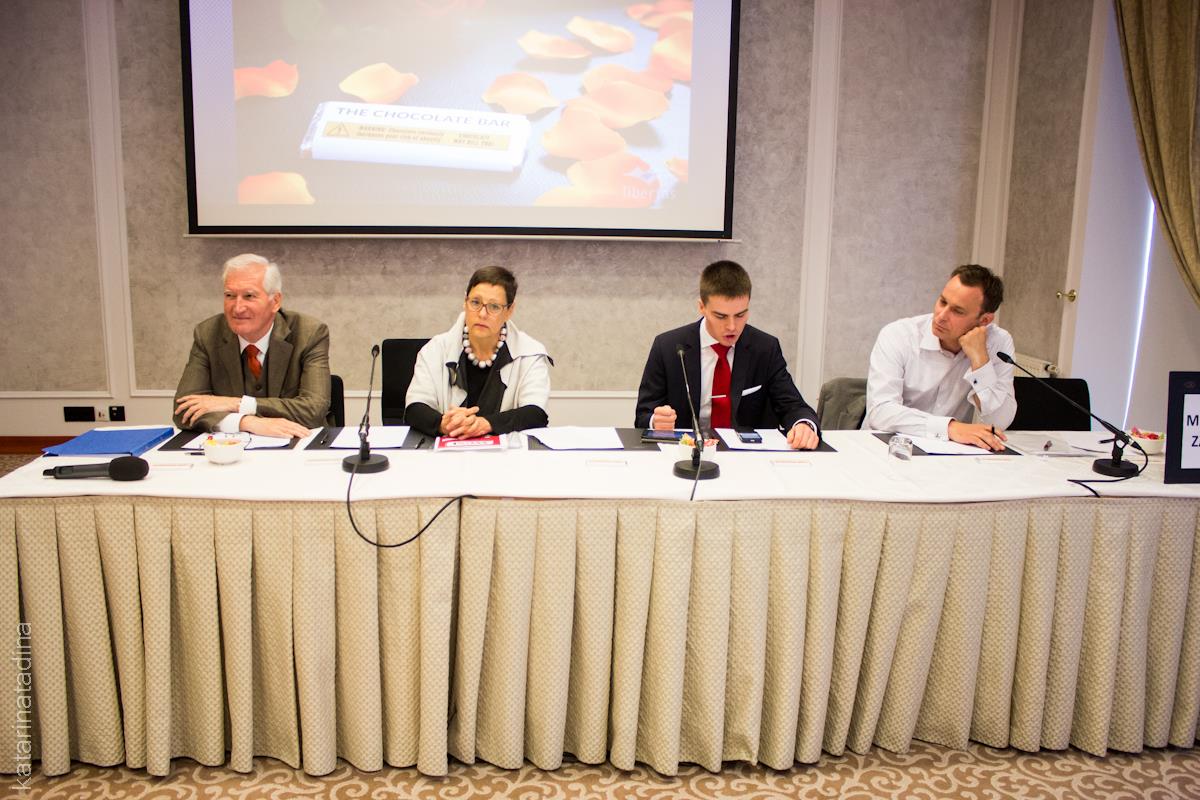 After being thrust somewhat into the limelight, the Institute’s representatives appeared on national television several times to debate several topics where social and economic freedoms were at risk of being infringed, specifically constitutional reform relating to water ownership and access rights as well as the continually failing pension system.
After being thrust somewhat into the limelight, the Institute’s representatives appeared on national television several times to debate several topics where social and economic freedoms were at risk of being infringed, specifically constitutional reform relating to water ownership and access rights as well as the continually failing pension system.
What followed was the largest event the Institute had organized in terms of scale. The European Students for Liberty conference titled ‘’Market Solutions for the 21st Century’’ hosted by Institute Libertas in Ljubljana, Slovenia on the 1st of October at the Faculty of Economics of the University of Ljubljana. The event was attended by over 50 representatives from over a dozen countries and had the honour of hosting several high-profile speakers. This second hosted international event helped cement Libertas’ cooperation with ESFL and was undoubtedly and invaluable networking opportunity for both it and the attending organizations and individuals. The institute would later send its director, Kaj Jež and its president, Anže Šarabon to attend LibertyCon in Prague.
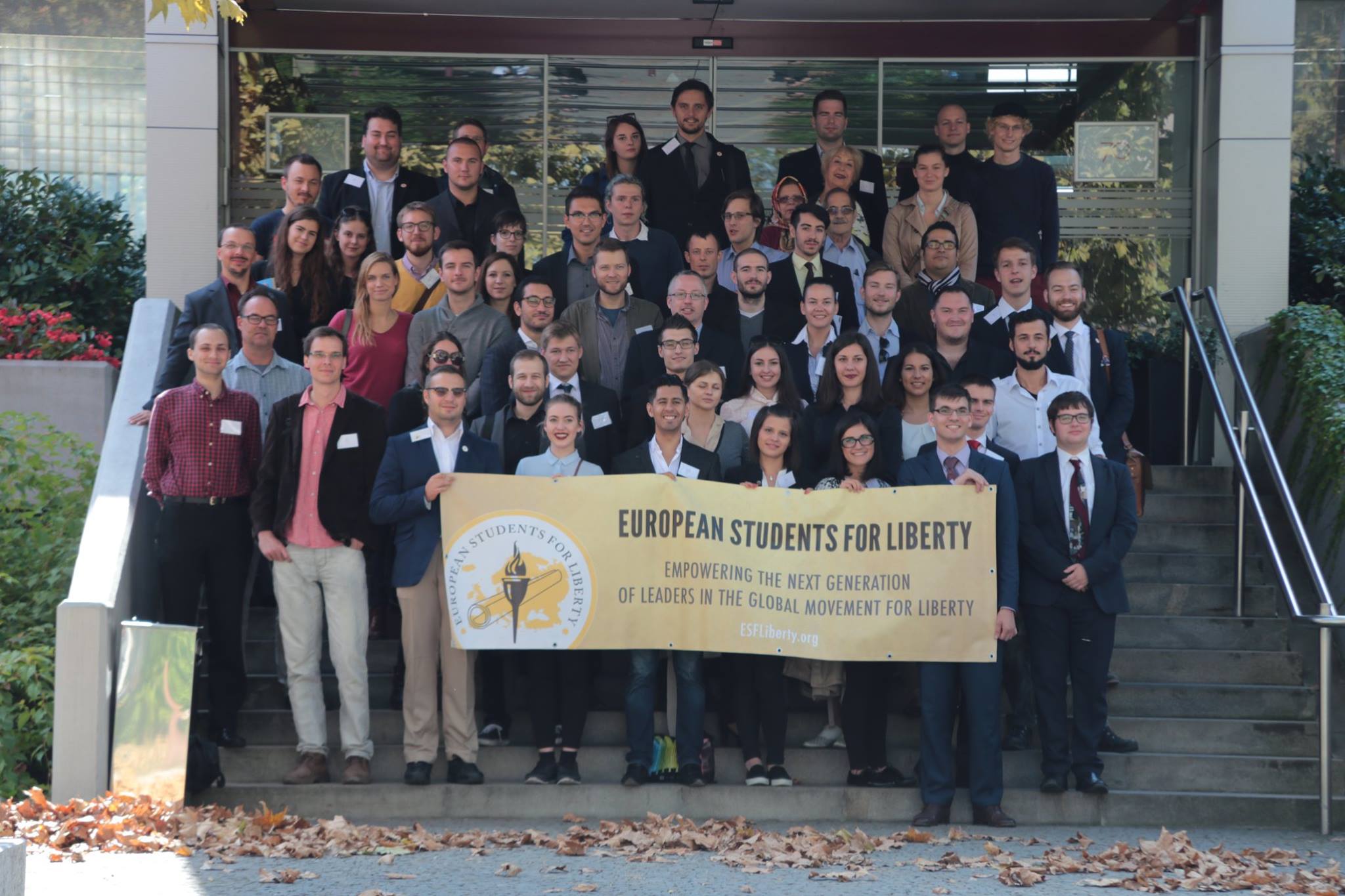 Following a minor hiatus in event organization in 2017, when the only hosted event was the Free Market Roadshow in Ljubljana, Libertas would begin its largest and most cohesive campaign to date with the Disregulacija campaign following the 2018 Free Market Roadshow in Ljubljana. This campaign focused on raising awareness of excessive and harmful regulation and hopefully rolling it back using government relations strategies. With a particular emphasis on the abolition of plain packaging and presenting it as not a separate issue but a herald of bad things to come, we were able to reach a wide audience with the help of one of the finest advertising agencies in the country and, nearing the conclusion of the public awareness campaign, with the help of one of the finest public opinion forecasting agencies, execute a public opinion survey that found the general public overwhelmingly supported the right to use brands and over 60% opposed the planned introduction of plain packaging on tobacco products. The campaign itself received ample media attention with Anže Šarabon and Kaj Jež appearing in widely circulated print and online media as well as national television several times. The results of the research were also widely covered and even specifically cited by influential policy- makers in a finance-focused media outlet.
Following a minor hiatus in event organization in 2017, when the only hosted event was the Free Market Roadshow in Ljubljana, Libertas would begin its largest and most cohesive campaign to date with the Disregulacija campaign following the 2018 Free Market Roadshow in Ljubljana. This campaign focused on raising awareness of excessive and harmful regulation and hopefully rolling it back using government relations strategies. With a particular emphasis on the abolition of plain packaging and presenting it as not a separate issue but a herald of bad things to come, we were able to reach a wide audience with the help of one of the finest advertising agencies in the country and, nearing the conclusion of the public awareness campaign, with the help of one of the finest public opinion forecasting agencies, execute a public opinion survey that found the general public overwhelmingly supported the right to use brands and over 60% opposed the planned introduction of plain packaging on tobacco products. The campaign itself received ample media attention with Anže Šarabon and Kaj Jež appearing in widely circulated print and online media as well as national television several times. The results of the research were also widely covered and even specifically cited by influential policy- makers in a finance-focused media outlet.
In terms of social media, the Disregulacija campaign focused on the Disregulacija Facebook page and website, nominally independent of the institute and putting emphasis both on a more specific policy segment (deregulation) while also doing so in a more proactive manner targeting a broader social media audience. This relative dissociation from the institute allowed for a greater variation in tone (a commonly used method of attracting attention were comedically exaggerated video sketches of overregulated everyday life), better received paid adverts and broad social appeal untainted by political association. The relationship between Institute Libertas and Disregulacija ensured plenty of web traffic flowed between the two but their nominal separation was invaluable in helping Disregulacija attract new fans and supporters to the institute and the campaign from across the political spectrum.
Much of this was possible through the ad hoc identification of key social pressure points in relation to overregulation. As in many countries and as was later indicated by research, there exists a general consensus in the Slovenian public that regulation is overly present in their lives but a general lack of knowledge as to specific policies beyond those immediately visible in people’s everyday lives. Instead of focusing on low-visibility examples of overregulation, the institute focused on high-visibility, high impact examples to garner public and media attention and emphasis on less topical but no less important examples of overregulation was put later, once the proper first impression had been made.
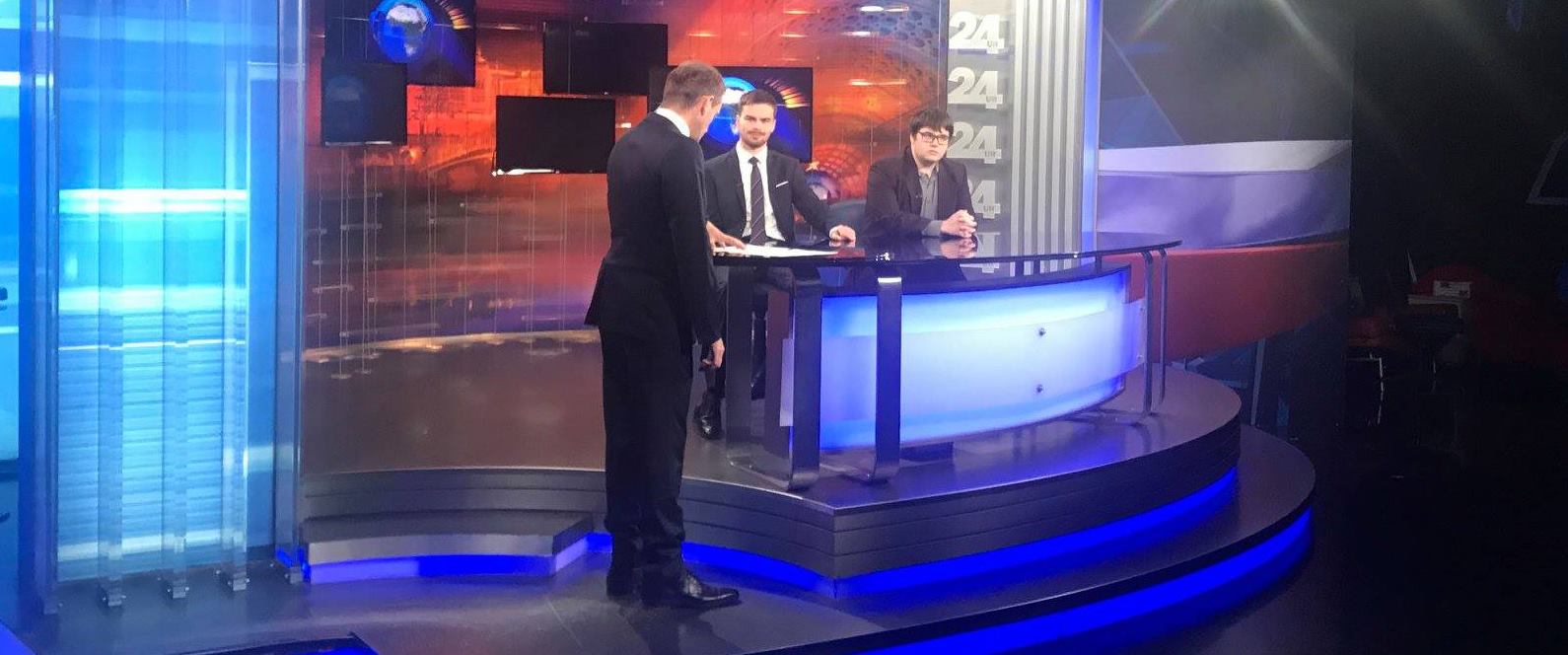 All the while the campaign was going on, Libertas ensured that it focused on other activities not directly related to the campaign or deregulation, as to avoid becoming one-note in the public eye. A very successful example was a short video on total tax burdens as illustrated by pennies in jars.
All the while the campaign was going on, Libertas ensured that it focused on other activities not directly related to the campaign or deregulation, as to avoid becoming one-note in the public eye. A very successful example was a short video on total tax burdens as illustrated by pennies in jars.
Due to the timing of the campaign in a pre-election period, it was especially important to not fall into the trap of being associated with a political organization or pole. As such, examples of overregulation ranged from the excessive regulatory restrictions on labour markets, a position traditionally viewed as right-wing, to opposition to the continued prohibition of cannabis, a traditionally left-wing position. Maintaining this political non-alignment was key not only to maintain the campaign’s universal appeal but also to maintain its and the institute’s credibility in the eyes of the public and, perhaps more importantly, regulators and policy markers from all sides. It is our hope this prudence pays off by opening more avenues for governmental relations approaches in the long run.
While it is difficult to measure the Disregulacija campaign’s success at a point where no government has yet had a chance to alter policy in a sensible and favourable or misguided and unfavourable manner, we believe the media and social media campaigns to have been a success on the basis of research carried out by Institute Mediana that showed significant public support for positions espoused by the campaign and the institute and largely favourable media coverage.
We believe the keys to the campaign’s relative success have been cooperating with experts outside the libertarian political sphere, particularly in the fields of public opinion analysis and marketing as well as making sure the campaign’s focus was widespread enough and presented on a light enough level to achieve general appeal and retain a diverse and positive message.
It is difficult to isolate key elements contributing to Libertas’ successes at freedom-focused advocacy. One key benefit is definitely the institute’s core team consisting of Anže Šarabon, Rok Novak and Kaj Jež, whose complementary skills, interests and contacts have enabled it to maintain a diverse set of activities and leverage contacts in business and academia that help the institute operate with relatively low discretionary financial resources.
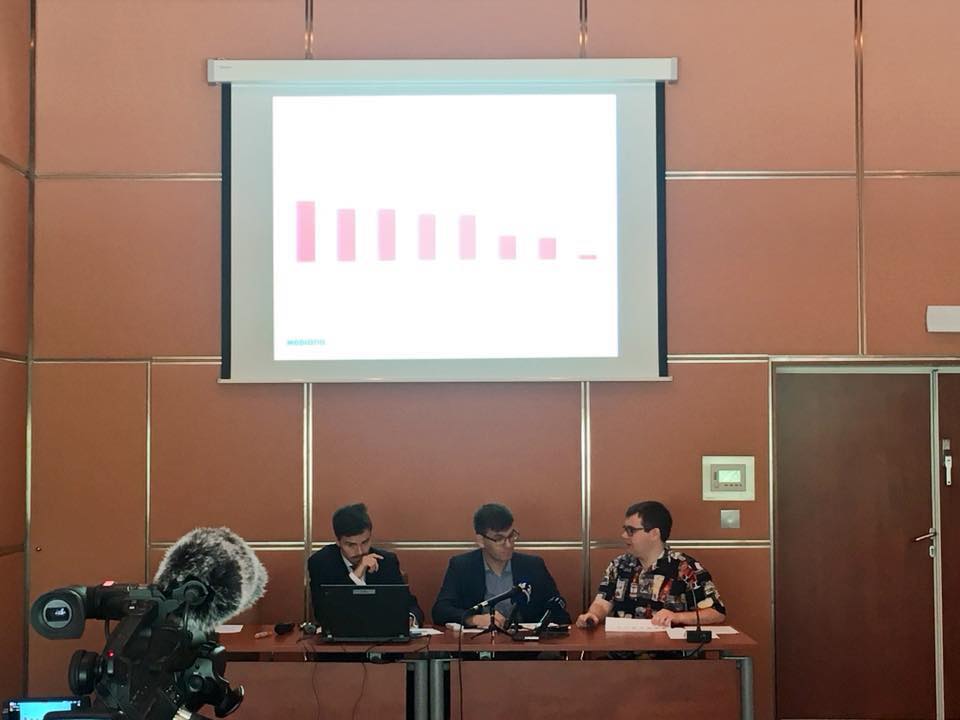 The fact that the institute boasts no full-time employees with even all members of the core team engaging elsewhere extensively professionally and academically has proven to be a double-edged sword. While on the one hand this obviously leaves less time than would be desirable for institute- related activity it also means that all of them can call on the extensive networks of contacts their other engagements afford them, something particularly important in an environment such as Slovenia, where these can often be invaluable.
The fact that the institute boasts no full-time employees with even all members of the core team engaging elsewhere extensively professionally and academically has proven to be a double-edged sword. While on the one hand this obviously leaves less time than would be desirable for institute- related activity it also means that all of them can call on the extensive networks of contacts their other engagements afford them, something particularly important in an environment such as Slovenia, where these can often be invaluable.
Another factor that perhaps helped the institute is the general frugality of its modus operandi, something developed out of necessity due to a lack of resources early on. Slovenia’s institutional and cultural environment does not afford many opportunities for fundraising and international engagement and help from abroad has been key in ensuring the basic necessities for the institute’s work.
Lastly, Institute Libertas’ commitment to working internationally, taking ideas from abroad and contextualizing them into the Slovenian cultural environment has also been key. Combining axioms of libertarian ideology with cultural concepts unique to Slovenia has been essential in attempting to attract the public, media and policy-makers to what has traditionally been a fringe idea-set actively persecuted and institutionally shunned just a third of a century ago.
Institute Libertas hopes to continue its work in the coming years, transitioning into the government relations phase of its deregulation campaign and hopefully diversifying its content from mostly economics-focused topics by adding a new, pro-science focused narrative as an addition to many of its activities.
– By Anže Šarabon & Kaj Jež, Local Coordinators for Ljubljana, Slovenia

